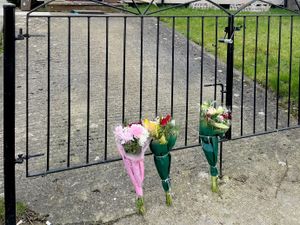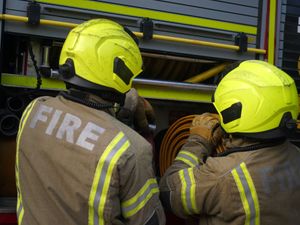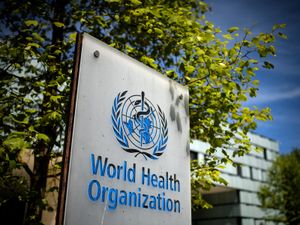Refusal to have Covid-19 vaccine may be linked to childhood trauma – study
Parents separating or divorcing, abandonment, or having a parent with a mental health condition are examples of childhood adverse experiences.
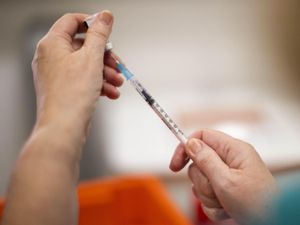
Reluctance or refusal to have a Covid-19 vaccine may be linked to traumatic events in childhood, such as neglect, domestic violence or alcoholism, new research suggests.
People who suffer in childhood are also least likely to trust NHS information, wear masks during the pandemic or follow the rules, a team of experts found.
Adverse childhood experiences (ACEs) include neglect, mistreatment (such as physical, psychological or sexual) and growing up in a household affected by domestic violence, substance or alcohol abuse and other criminal justice problems.
Parents separating or divorcing, abandonment, or having a parent with a mental health condition are other examples of ACEs.
The new study, published in the the open access journal BMJ Open, involved surveying 2,285 people aged 18 and over in Wales during lockdown restrictions (December 2020 to March 2021).
Experts looked at nine different ACEs as well as low trust in NHS Covid-19 information, whether people backed the removal of social distancing and mandatory face coverings, breaking Covid rules and vaccine hesitancy (rejection or uncertainty of vaccination).
While 52% of those in the study had not experienced any childhood trauma, around one in five had suffered one type, around one in six (17%) reported two to three, and one in 10 (10%) reported four or more.
The results showed that the more trauma people had experienced in childhood, the more likely they were to mistrust NHS Covid-19 information, to feel unfairly restricted by the Government and to support the end of mandatory face masks.
The nine ACEs included in the study were: physical, verbal, and sexual abuse, parental separation, exposure to domestic violence; and living with a household member with mental illness, alcohol and/or drug misuse, or a family member in prison.
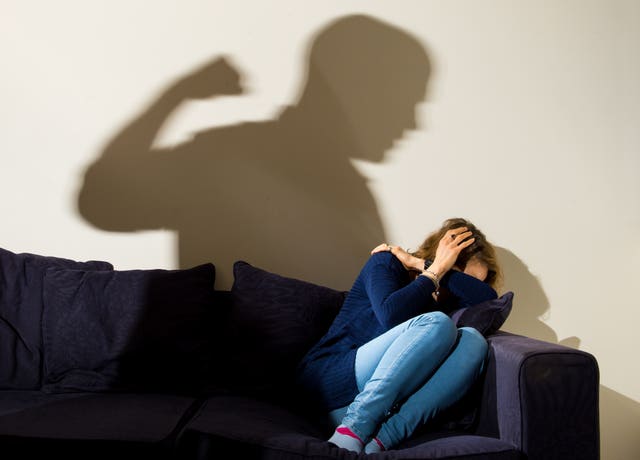
People were twice as likely to break Covid rules if they had four or more ACEs compared with none, while vaccine hesitancy was threefold higher with more than four ACEs compared with none.
More than four ACEs were also associated with a desire to scrap social distancing.
Vaccine hesitancy was estimated at 38% for those aged 18 to 29 with more than four ACEs, though older age groups were much more likely to have a vaccine. Overall, 8% of the entire study group would not agree to a vaccine.
Around a quarter of all those in the study also admitted to at least occasionally breaking the rules.
The authors concluded: “While pandemic responses should consider how best to reach those suffering from ACEs, longer term, better compliance with public health advice is another reason to invest in safe and secure childhoods for all children.”
Previous research has suggested that mistreatment as a child may undermine trust in the future, including of health and other public services.
The latest study suggested that if people had mistrust in one area, this was replicated in other areas.
For example, four out of 10 people reporting low levels of trust in NHS Covid-19 information also reported vaccine hesitancy, compared with just 6% of those who did trust this source of information.
The study was funded by Public Health Wales and carried out by public health experts.



